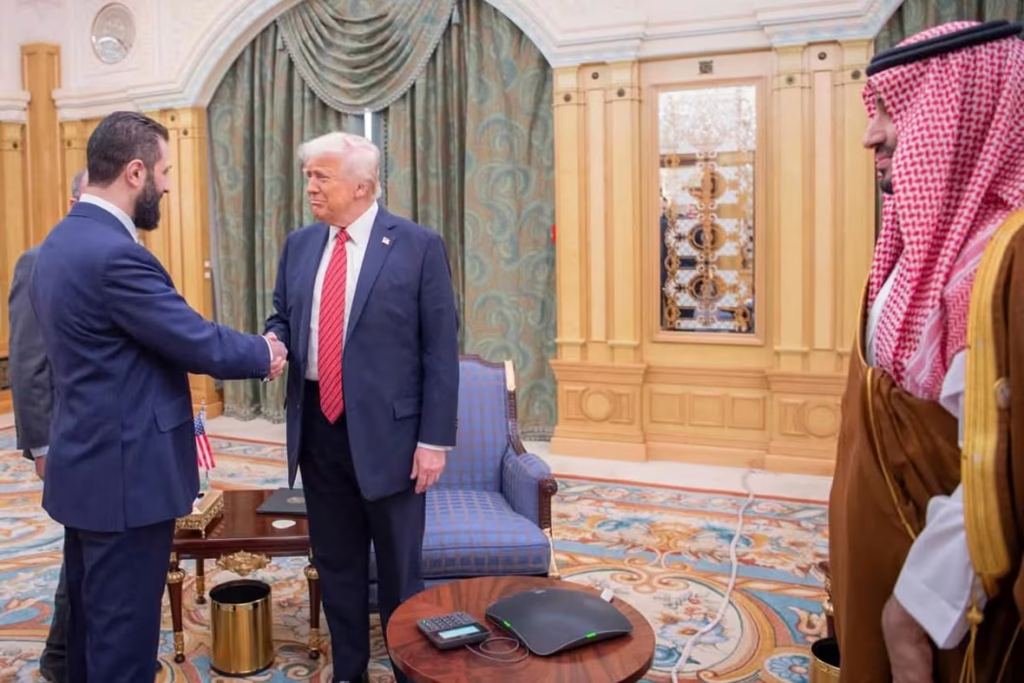In a significant political and technological development, Elon Musk has officially ended his role as a special government employee in the Trump administration. This move, though symbolic, holds weight in the context of U.S. tech policy, business-government relations, and Musk’s own positioning as a global tech leader. This blog unpacks the reasons, implications, and reactions to Musk’s exit an event likely to influence future conversations on corporate leadership in public policy.
Why Was Elon Musk Involved in the Trump Administration?
Elon Musk, CEO of Tesla and SpaceX, was initially appointed as a special government employee during Donald Trump’s presidency, serving on two key advisory councils:
- President’s Strategic and Policy Forum
- White House Manufacturing Jobs Initiative
His inclusion aimed to bridge the gap between Silicon Valley innovation and federal policy, especially on issues such as manufacturing, renewable energy, automation, and infrastructure.
Timeline and Context of the Exit
Musk’s departure isn’t entirely unexpected. He distanced himself from Trump-era politics back in 2017 after the U.S. withdrew from the Paris Climate Agreement. At that time, Musk publicly announced on social media that he would resign from all advisory roles in protest of the decision.
However, according to recent official disclosures, his role as a “special government employee” has now formally ended, confirming that he no longer has any active advisory capacity within the U.S. government stemming from the Trump administration.
What Is a “Special Government Employee”?
A Special Government Employee (SGE) is a classification used for private-sector individuals temporarily appointed to offer expert advice to federal agencies. It allows professionals like Musk to contribute to policy-making without becoming full-time government officials. The role typically includes participation in strategic meetings, policy evaluations, and special advisory councils.
Reasons Behind the Departure
There are several possible motivations behind Musk’s formal disengagement from any Trump-related roles:
- Conflict of Interest Concerns: As Tesla and SpaceX grow more influential in government contracts and regulatory debates, continuing in an official advisory role could pose ethical or legal conflicts.
- Shifting Political Winds: The current U.S. political climate under President Joe Biden has different tech priorities, and many of Trump’s advisory councils have been dissolved or reorganized.
- Personal Brand and Business Strategy: Musk’s public image often thrives on independence and disruption. Aligning with any one political administration could limit his appeal across global markets and political ideologies.
Industry and Public Reactions
Tech insiders and political analysts alike have viewed Musk’s exit as:
- Inevitable: Given his previous disagreements with Trump administration policies.
- Strategic: Allowing Musk to retain influence without political baggage.
- Symbolic: Reflecting a broader shift where tech leaders are becoming more selective about their political engagements.
While some critics argue that business leaders should remain politically neutral, others suggest that Musk’s withdrawal reinforces the importance of corporate accountability in policy discussions.
Implications for Tech Policy and Innovation
With Musk out of the political advisory landscape, several changes could unfold:
- Less Direct Influence: Without a formal government role, Musk’s influence on U.S. policy might shift from institutional to informal, relying on lobbying, public statements, and innovation-driven pressure.
- Renewed Industry Collaboration: His departure opens the door for newer tech voices to shape federal strategies on AI, EVs, space policy, and climate change.
- Continued Advocacy from Outside: Musk is unlikely to stay silent on public matters. From cryptocurrency to carbon tax proposals, he will continue to voice opinions just without the formal title.
Conclusion
Elon Musk’s formal exit from the Trump administration as a special government employee marks the end of an era of direct tech-government collaboration involving one of the most influential innovators of our time. While the move may not immediately change Tesla or SpaceX operations, it is a strong indicator of the evolving relationship between Silicon Valley and Washington, D.C.


